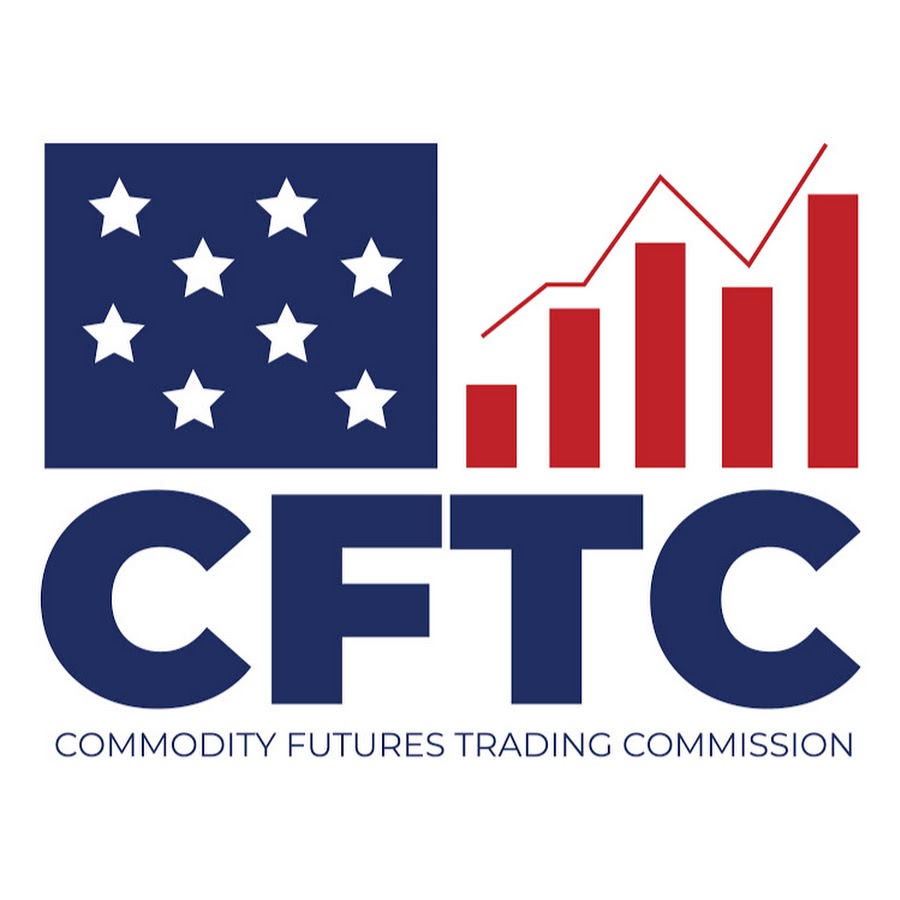Who are the Commodity Futures Trading Commission?
The Commodity Futures Trading Commission (CFTC) is an independent government agency in the US, whose sole purpose is to regulate the ‘over the counter’ derivatives market in the country.
The written ambition of the CTFC is to “promote the integrity, resilience, and vibrancy of the U.S. derivatives markets”, cracking down on fraudulent practices and operators.
It was founded in 1975 and succeeded the Commodity Exchange Authority, though the original law set out in the Commodity Exchange Act remains in place.
In December 2000, the CTFC was given an expanded brief when it joined forces with the Securities and Exchange Commission (SEC) to enact the Commodity Futures Modernization Act. Together, they created a regulatory regime that governs the stock futures market.
Ten years later, the CTFC took responsibility for regulating the swaps market by implementing the Dodd-Frank Wall Street Reform and Consumer Protection Act.
Regulatory areas and powers
For decades, the financial sector in the US was regulated by the US Department of Agriculture’s Commodity Exchange Authority. However, with the landscape of financial products changing, new rules were introduced.
These reflected the changing nature of the financial sector, with expansion from the agricultural commodities that were commonly traded in the first half of the 20th century to incorporate stocks, indices, forex and other commodities.
All ‘over the counter’ derivatives are regulated by the CTFC, and in 2015 it declared that some cryptocurrencies fall under the banner of commodities, notably bitcoin and Ethereum. The remit of the CTFC has expanded so that it can prosecute those committing data fraud and other infringements and carry out an entity search in the ‘digital assets’ sector.
The CTFC has its own Division of Enforcement, and this has the power to mete out a range of sanctions to those found to be acting in a way that is counter to the various legislations that govern the industry. It can refer criminal cases to the US District Courts, and it provides expert testimony and support in trials in the US Attorneys’ Offices.
In cases where there is an international breach, the CTFC works with other overseas regulators such as the Financial Conduct Authority (FCA).
How to check if a broker is regulated by the Commodity Futures Trading Commission
In the first instance, visit the CTFC website and click on the ‘Learn & Protect’ tab at the top of the homepage. Alternatively, click the link here: https://www.cftc.gov/check
This page has a link to the NFA BASIC register, which shows whether a broker is registered with the CTFC, whether or not it has a history of disciplinary action and regulatory breaches, plus further financial information about the firm.
This webpage also features an excellent FAQs section. This is a solid place to start if any more information is required.
Making a complaint
To make a complaint about a broker, there are a couple of different options to consider.
Any violations that have been experienced should be reported to the CTFC using its standard complaint form (available on the website) or by submitting a Form TCR, which is part of its whistleblower programme. If someone becomes a whistleblower, they may receive anti-retaliation protection and monetary awards of up to 30% of any money collected thanks to information given.
Alternatively, if a complaint cannot be resolved directly with a broker, then try the CTFC’s reparation programme. It is possible to learn who is eligible for this, and the process, at https://www.cftc.gov/LearnAndProtect/ReparationsProgram/index.htm.
